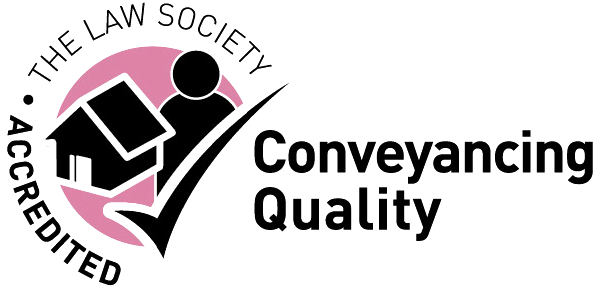Should Self-Employed People Be Exempt From Health And Safety Laws?
30th January 2014
 The government first outlined its intention to exempt self-employed people from health and safety laws in 2013 as part of the Queen’s Speech. These exemptions would apply to all self-employed workers whose workplace activities have no potential of harming other people.
The government first outlined its intention to exempt self-employed people from health and safety laws in 2013 as part of the Queen’s Speech. These exemptions would apply to all self-employed workers whose workplace activities have no potential of harming other people.
Currently, self-employed people have duties under both the Management of Health and Safety at Work Regulations 1999 and the Health and Safety at Work etc Act 1974. Under these laws, self-employed people must ensure that they assess the risks their work poses to their own health and safety and the wellbeing of people they work with, and must put in sensible and appropriate control measures to control the risks they have identified.
However, with Lord Young’s report calling for health and safety laws to be based on common sense, the government deemed that workplace safety rules for self-employed people are too onerous and opted to reduce the burdens these regulations put on self-employed people.
IOSH and TUC: self-employed people should be protected through health and safety laws
The Institution of Occupational Safety and Health (IOSH), a leading health and safety body, noted that exempting self-employed people from health and safety regulations could potentially be a risky decision.
Richard Jones, Head of Policy and Public Affairs for the organisation, explained that while IOSH is fully behind the government’s simplification of health and safety guidance and legislation, it opposes lowering standards that could lead to workplace accidents and deaths.
He said the IOSH believes exempting self-employed people from health and safety laws would hinder rather than help them, and would be unnecessary, unhelpful and unwise.
Mr Jones argued failures in health and safety cost the UK £13.4 billion annually, with this figure doubling when property damage and occupational cancer is taken into account. Workplace safety promotes good business growth, he said, stating that the government ought to promote this message.
The UK has one of the world’s best health and safety records, and it would be a shame if legislative changes to these laws set society back, he said.
These concerns were echoed by TUC General Secretary Frances O’Grady, who said that removing self-employed people’s health and safety protection will make these workers more likely to sustain injury. The construction sector in particular – one of the UK’s most dangerous industries – is “riddled” with bogus self-employed worker scams, he pointed out.
Prime Minister David Cameron said at a Federation of Small Businesses conference that the Deregulation Bill will exempt one million self-employed people from health and safety laws.
Other changes to be made to these regulations include changing the rules to compensation claims so that businesses are not considered liable in accident at work claims they are not to blame for, and the scrapping of over-zealous legislation about issues such as the appearance of no-smoking sings and the use of ladders.
Overall, more than 3,000 regulations will be reduced, while the amount of guidance issued to businesses will decline by more than 90%. The 100 house building standards currently on the books will be reduced to just 10 through these UK law reviews, while 80,000 documents regarding environmental guidance will be cut back significantly.

